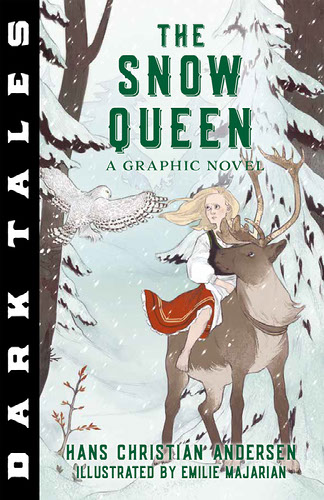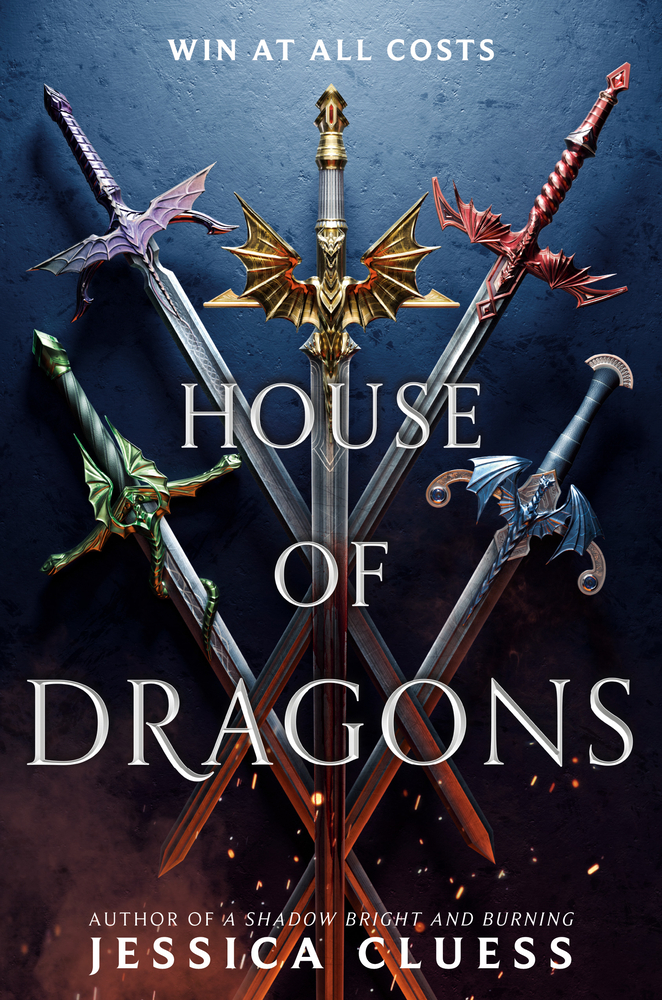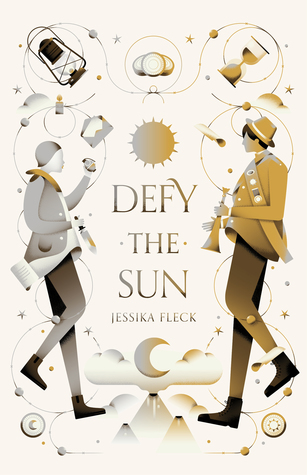Gifts
by Ursula K. Le Guin
Recommended Ages: 13+
[button color=”black” size=”big” link=”http://affiliates.abebooks.com/c/99844/77798/2029?u=http%3A%2F%2Fwww.abebooks.com%2Fservlet%2FSearchResults%3Fisbn%3D9780152051242″ target=”blank” ]Purchase here[/button]
Life is harsh in the northern uplands where Orrec Caspro grows up. The climate is cold. The farmers and serfs scratch an uneasy living out of indifferent soil. The land-owning families that lead them are divided by vicious feuds. And the most powerful among them, honored with the title Brantor, wield terrible powers. One family’s gift is calling to animals, which can be helpful when you’re training a horse or a dog, but is oftener used to deadly effect—in the hunt. And that’s one of the milder gifts. Other families’ gifts include turning people blind or deaf, twisting their limbs, enslaving their minds, and afflicting them with a slow wasting death. Orrec seems to have inherited perhaps the nastiest gift of all: the ability to “unmake” anything he points at with his eye, his hand, and his will. Indeed, it may not even be as well controlled as that. Which is why, at age fourteen, Orrec decides to wear a blindfold.
He thinks this will protect his loved ones from being inadvertently struck down by his awful, wild gift. His father thinks it will terrify their stronger and more aggressive neighbors into leaving the Caspro lands alone. His mother, a gracious, well-educated woman from the lowlands, doesn’t understand Orrec’s need for a blindfold at all. And yet for three dark years he wears it, learning to get around with the aid of a stick and a faithful sheepdog. Kept in voluntary blindness by his own fear and the fear of others, Orrec misses many beautiful and painful sights—including the whole last year of his mother’s life. And then his anger and despair push him into a darkness not of the eyes alone.
In this first book of a Young Adult trilogy that continues in Voices and Powers, multiple Hugo and Nebula Award-winning author Ursula Le Guin writes with her usual lyricism, poignancy, and attention to world-building detail. Never more effective than when she is imagining the whole cultural background behind her characters and their motives, she here offers such a vivid portrait of a youth’s struggle to understand his place in the world, such a deeply-felt narrative of grief, love, and healing, that her expertise in these things can only be explained as a result of personal experience. Or perhaps she just has a knack for telling stories that put a lump in your throat and a tear on your cheek.
Either way, Gifts was all that to me. I couldn’t put it down even when a perfect blue-sky afternoon called me outdoors for a walk. I read half of this book on the hoof, and at one point struggled to control my emotions when they rose up in an embarrassingly public place. I don’t know what those passersby thought of me. At one point I felt the narrator’s grief so deeply that, like him, I wanted to be alone. Maybe it’s because of the ring of truth in passages like this:
To try to tell it is like trying to tell the passage of a sleepless night. Nothing happens. One thinks, and dreams briefly, and wakes again; fears loom and pass, and ideas won’t come clear, and meaningless words haunt the mind, and the shudder of nightmare brushes by, and time seems not to move, and it’s dark, and nothing happens.
Or maybe it’s because the gift of writing a beautiful story is a kind of magic all its own. Orrec seems to find this to be so. And if any proof of that is in order, let it be the fact that at the end of my walk, I found myself at the public library, putting a hold on the next book in this trilogy.




